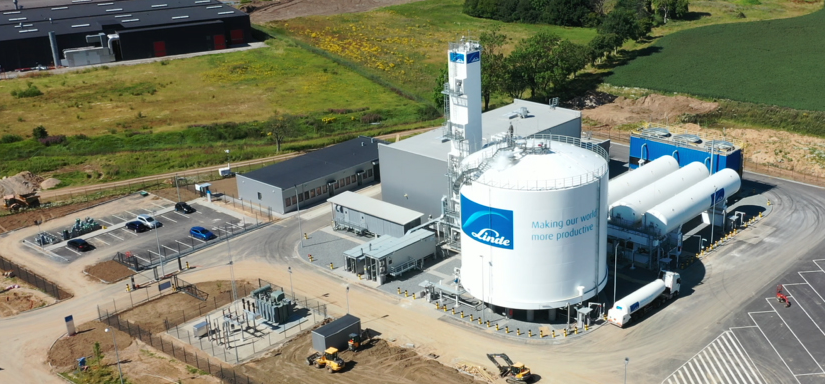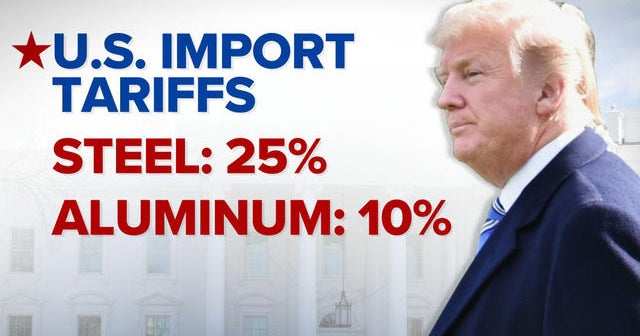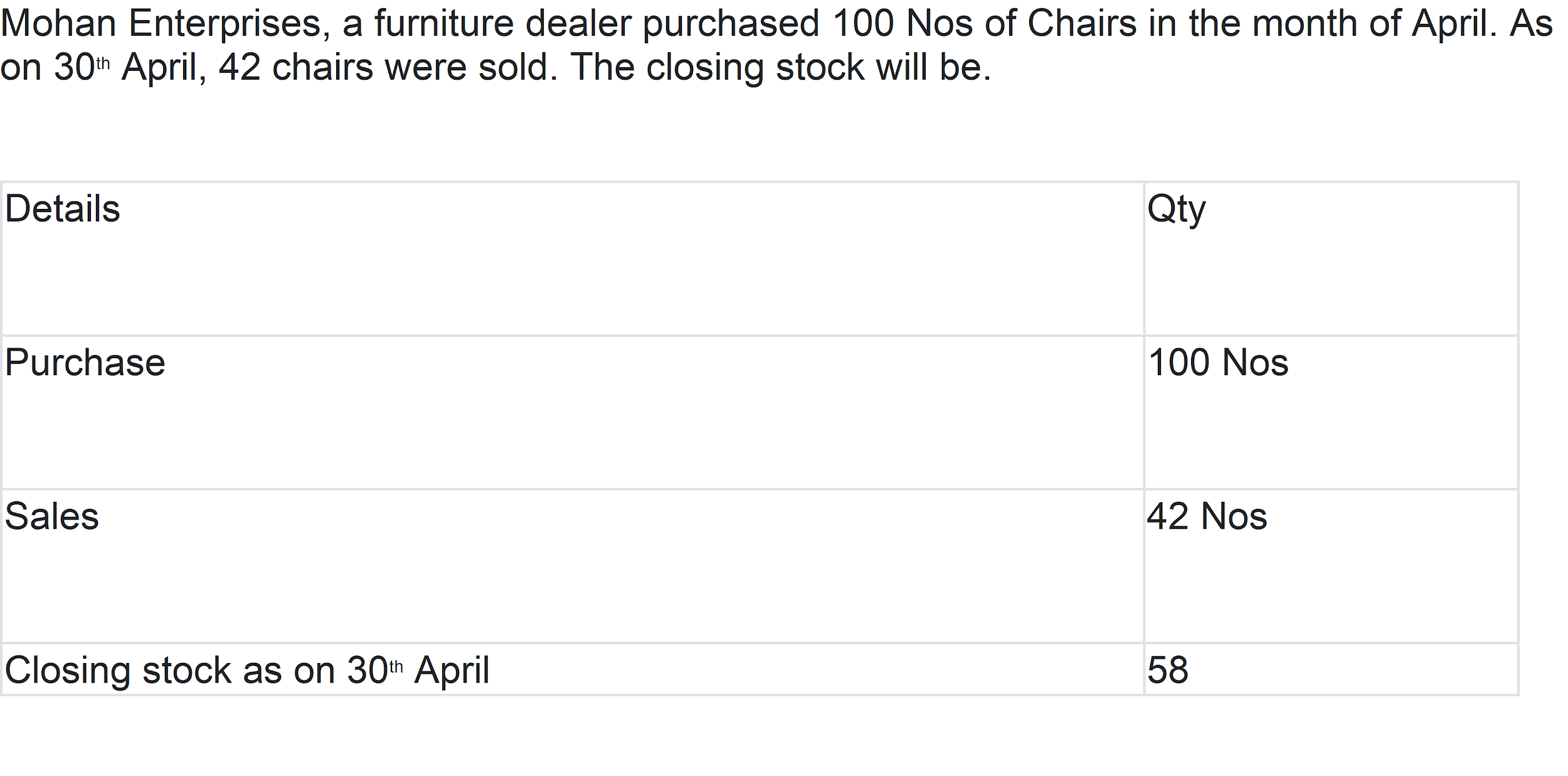South Africa, Tanzania Talks: Potential End To Farm Imports Ban

Table of Contents
The current situation sees Tanzania maintaining a ban on various South African agricultural products, severely restricting market access for South African farmers and impacting the livelihoods of many. This has created economic strain on South Africa and limited consumer choice within Tanzania. Our aim is to analyze the ongoing South Africa, Tanzania talks and assess the likelihood of a successful resolution to this trade impasse.
The History of the Farm Imports Ban
Tanzania initially imposed the ban on South African agricultural products in [Insert Date], citing concerns about [Insert Specific Reason, e.g., pest infestations like fruit flies or specific diseases]. The stated aim was to protect Tanzanian farmers from unfair competition and safeguard the country's agricultural health. Previous attempts at resolving the issue included [Mention previous attempts, dates, and outcomes]. Key players involved in the initial imposition of the ban included [List key individuals or organizations from both sides]. The ban impacted a wide range of agricultural exports, including fruits, vegetables, and potentially grains.
Current Status of South Africa, Tanzania Talks
The current South Africa, Tanzania talks are at a [Insert stage of negotiations, e.g., critical juncture, stalemate, promising stage]. Both countries have presented their demands and concessions. South Africa seeks to regain access to the Tanzanian market for its agricultural produce, emphasizing the economic benefits for both sides. Tanzania, meanwhile, is likely prioritizing the protection of its domestic agricultural sector while also seeking assurances regarding product safety and quality.
Specific agricultural products affected by the ban include:
- Fruits (e.g., apples, oranges, grapes)
- Vegetables (e.g., potatoes, tomatoes, cabbages)
- Grains (e.g., maize, wheat, depending on the specifics of the ban)
- [Add other relevant products]
Recent official statements from [mention government sources or press releases if available] indicate [summarize the official position of each government].
Potential Economic Impacts of Lifting the Ban
Lifting the ban would significantly benefit South African farmers, providing them with increased market access, expanded export opportunities, and stimulating economic growth within the agricultural sector. Increased trade volume could lead to job creation and higher incomes for farmers.
For Tanzanian consumers, access to a wider variety of higher-quality produce at potentially lower prices would improve living standards. However, Tanzanian farmers might face increased competition, requiring them to improve efficiency and competitiveness. [Include statistical data, if available, to quantify the potential economic impacts – e.g., projected export value increase, potential consumer savings].
Obstacles to Reaching an Agreement
Several obstacles could hinder the lifting of the ban. These include:
- Political disagreements: Underlying political tensions between the two countries could complicate negotiations.
- Sanitary and phytosanitary (SPS) regulations: Meeting Tanzania's stringent SPS requirements for agricultural imports might prove challenging for South African producers.
- Logistical issues: Transportation costs and infrastructure limitations could pose obstacles to efficient trade.
The complexities of international trade agreements, including tariff structures and non-tariff barriers, further complicate the process. Potential alternative solutions under consideration might involve phased re-entry of South African products, subject to strict quality control and compliance with Tanzanian regulations.
The Role of Regional Trade Organizations
Regional trade organizations like the African Continental Free Trade Area (AfCFTA) could play a crucial role in facilitating the South Africa, Tanzania talks. The AfCFTA aims to create a single continental market for goods and services, promoting regional economic integration. Its dispute resolution mechanisms and technical assistance could help to resolve the trade dispute and establish a framework for future collaboration. The AfCFTA's principles of free trade and reduced tariffs could provide a pathway to a mutually beneficial solution.
South Africa, Tanzania Talks and the Future of Agricultural Trade
The South Africa, Tanzania talks are pivotal for the future of agricultural trade between the two countries. A successful resolution would unlock significant economic benefits, promoting growth and improving living standards. However, overcoming existing obstacles requires political will, cooperation, and a commitment to addressing the concerns of both countries' farmers and consumers. The likelihood of a successful resolution depends on the willingness of both sides to compromise and find common ground. A potential timeline for a resolution is difficult to predict, depending on the progress of ongoing negotiations.
To stay informed about the progress of the South Africa, Tanzania talks and the potential resolution to the farm import ban, follow updates from official government websites and reputable news sources covering African trade. Stay updated on the potential resolution to the farm import ban between South Africa and Tanzania.

Featured Posts
-
 Jugadoras De La Wta Recibiran Pagos Por Licencia De Maternidad
Apr 27, 2025
Jugadoras De La Wta Recibiran Pagos Por Licencia De Maternidad
Apr 27, 2025 -
 Governments Choice Of Anti Vaxxer For Autism Research Sparks Outrage
Apr 27, 2025
Governments Choice Of Anti Vaxxer For Autism Research Sparks Outrage
Apr 27, 2025 -
 The Us China Trade War A Time Based Analysis By Bill Ackman
Apr 27, 2025
The Us China Trade War A Time Based Analysis By Bill Ackman
Apr 27, 2025 -
 Novak Djokovics Early Exit From Monte Carlo Masters 2025
Apr 27, 2025
Novak Djokovics Early Exit From Monte Carlo Masters 2025
Apr 27, 2025 -
 Hhs Appoints Anti Vaccine Activist To Review Autism Vaccine Link Nbc 10 Philadelphia Sources
Apr 27, 2025
Hhs Appoints Anti Vaccine Activist To Review Autism Vaccine Link Nbc 10 Philadelphia Sources
Apr 27, 2025
Latest Posts
-
 Alberta Faces Economic Fallout From Dow Project Delay Due To Tariffs
Apr 28, 2025
Alberta Faces Economic Fallout From Dow Project Delay Due To Tariffs
Apr 28, 2025 -
 Tariffs Cause 9 Billion Dow Project Delay In Alberta
Apr 28, 2025
Tariffs Cause 9 Billion Dow Project Delay In Alberta
Apr 28, 2025 -
 Alberta Economy Hit Dow Project Delay And Tariff Impacts
Apr 28, 2025
Alberta Economy Hit Dow Project Delay And Tariff Impacts
Apr 28, 2025 -
 Dows 9 B Alberta Project Delayed Collateral Damage From Tariffs
Apr 28, 2025
Dows 9 B Alberta Project Delayed Collateral Damage From Tariffs
Apr 28, 2025 -
 Hudsons Bays Final Days Massive Discounts On Closing Stock
Apr 28, 2025
Hudsons Bays Final Days Massive Discounts On Closing Stock
Apr 28, 2025
